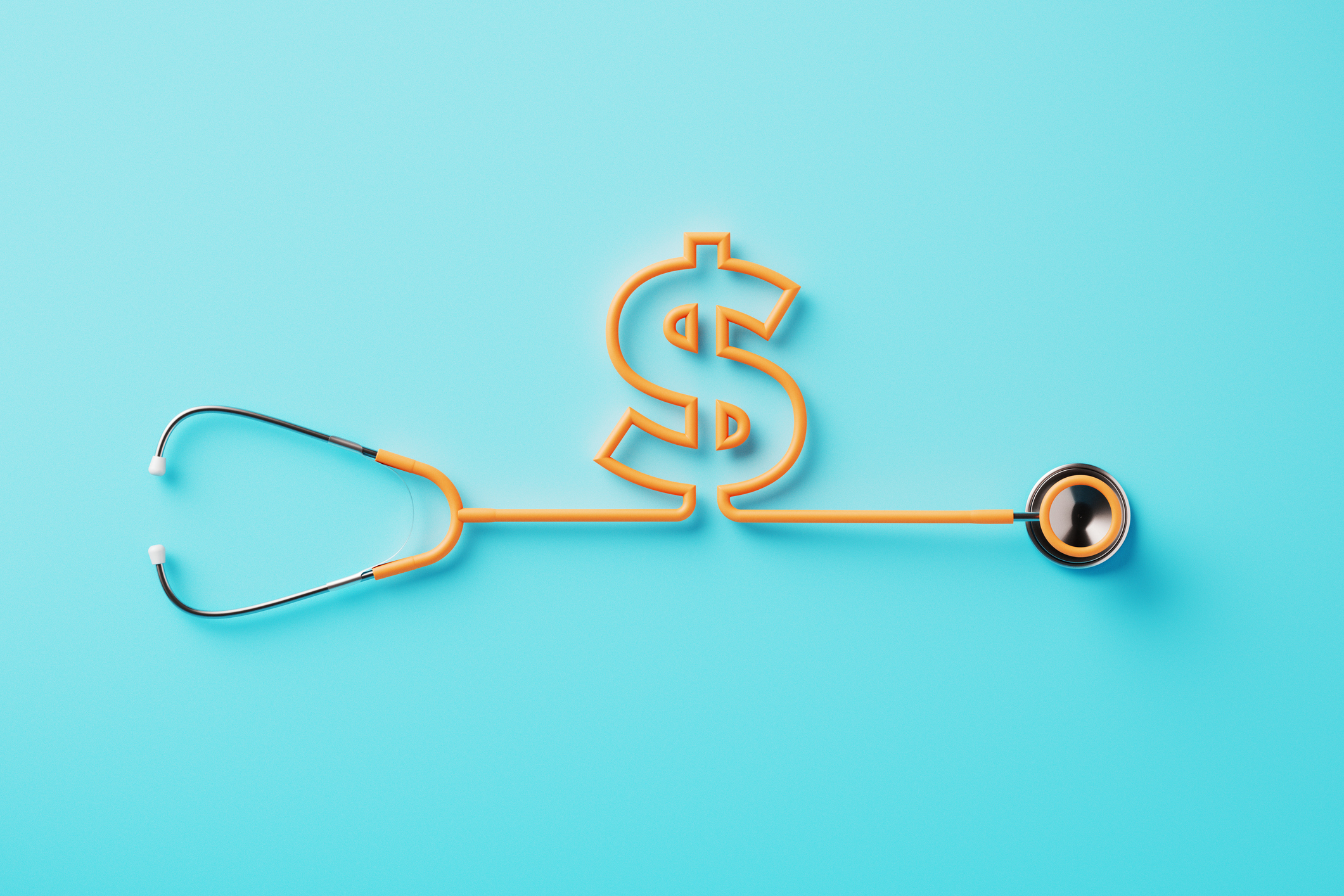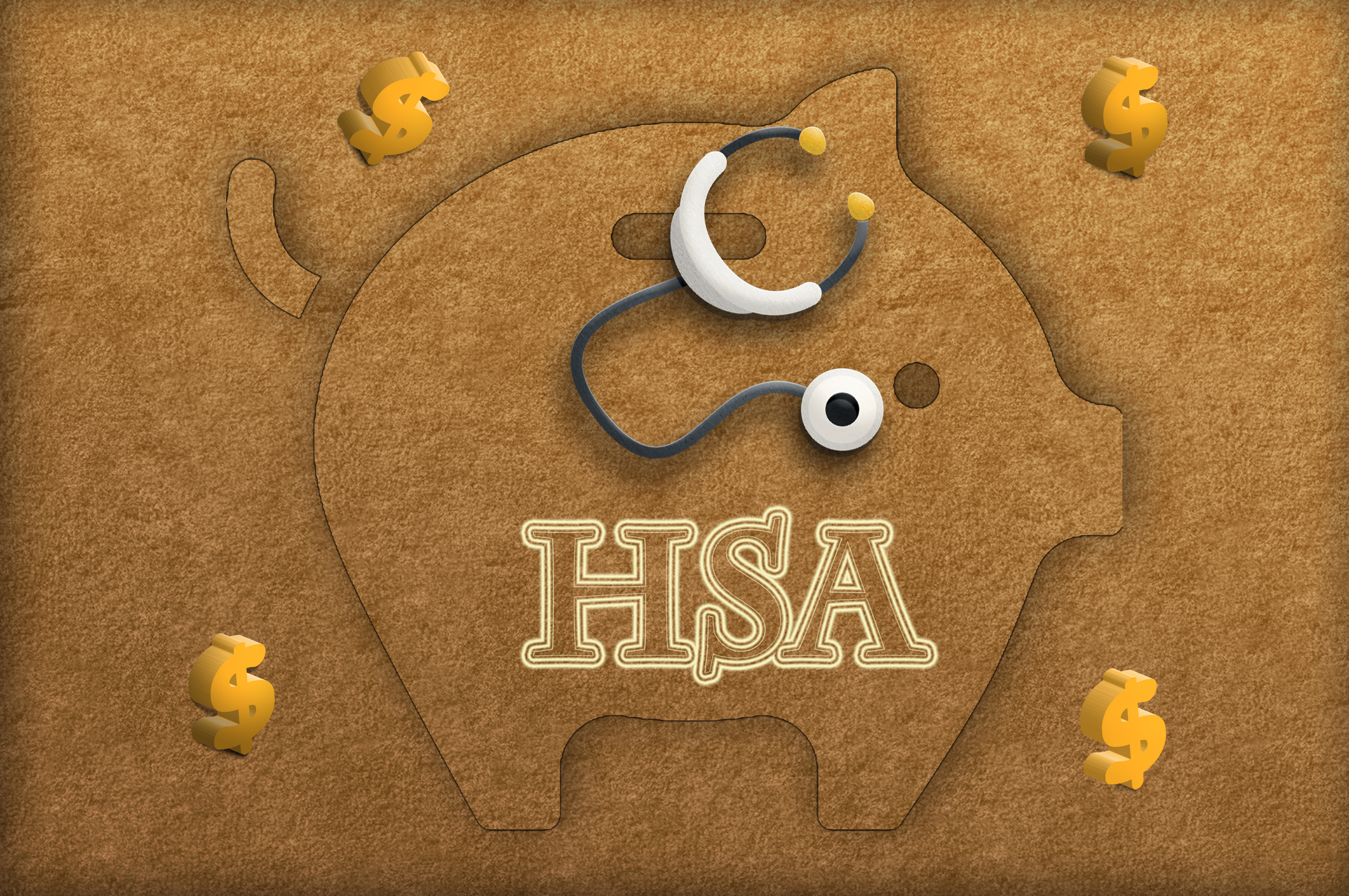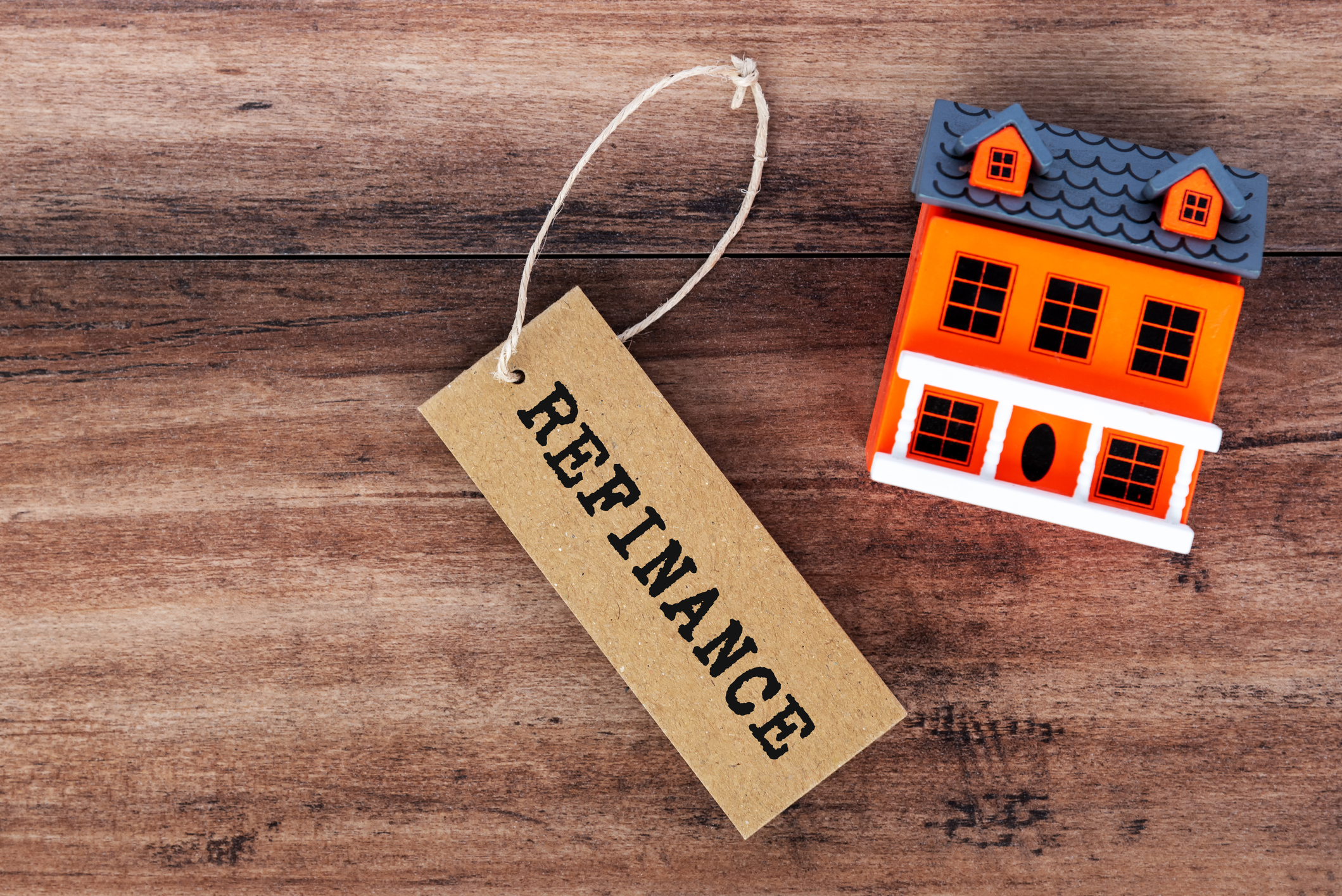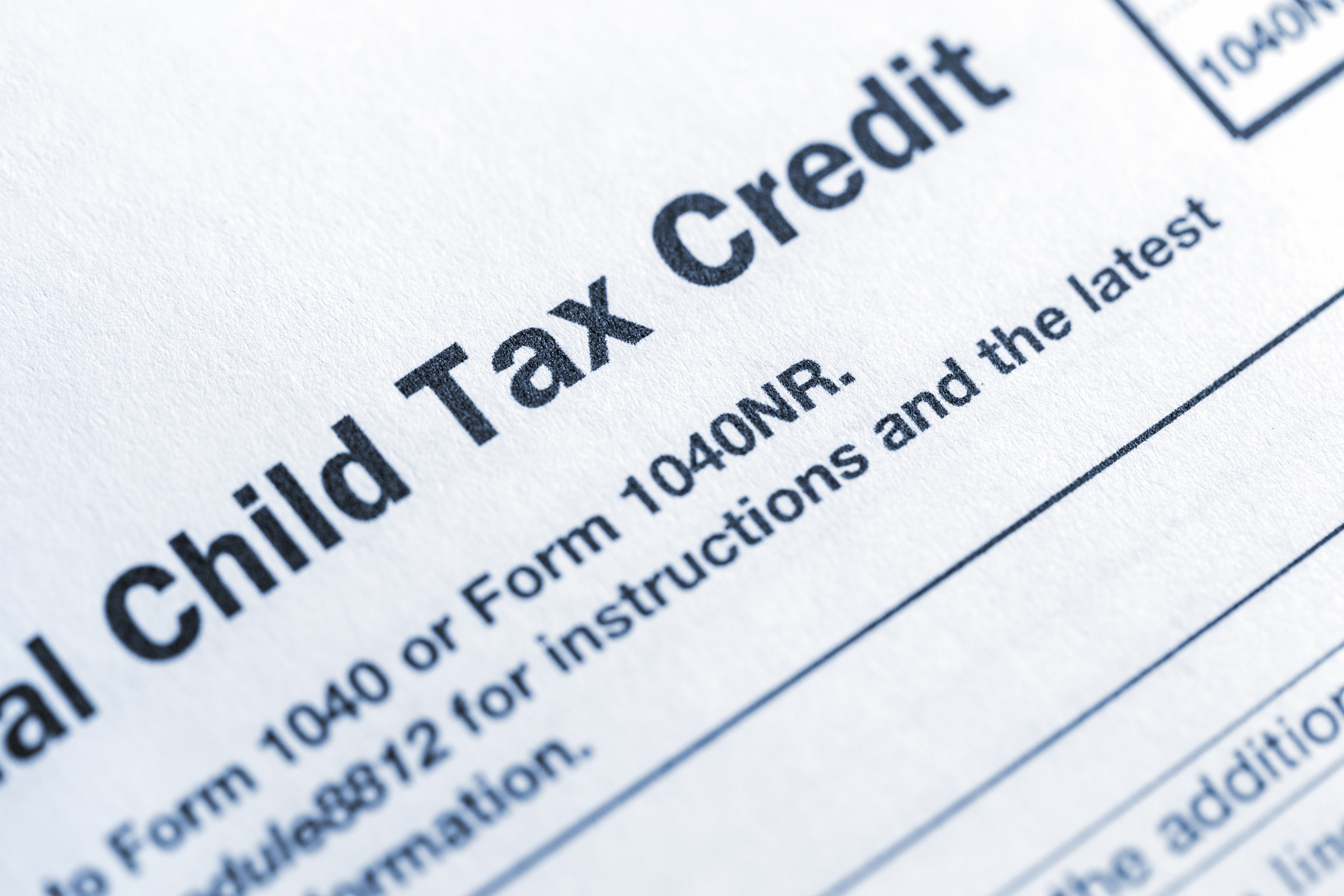Tax Crackdown on Second Homes
To help pay for the housing bill passed this summer, Congress has changed the rules for vacation homes and rental properties. Here's what you need to know about paying the piper.

Profit and prosper with the best of Kiplinger's advice on investing, taxes, retirement, personal finance and much more. Delivered daily. Enter your email in the box and click Sign Me Up.
You are now subscribed
Your newsletter sign-up was successful
Want to add more newsletters?

Delivered daily
Kiplinger Today
Profit and prosper with the best of Kiplinger's advice on investing, taxes, retirement, personal finance and much more delivered daily. Smart money moves start here.

Sent five days a week
Kiplinger A Step Ahead
Get practical help to make better financial decisions in your everyday life, from spending to savings on top deals.

Delivered daily
Kiplinger Closing Bell
Get today's biggest financial and investing headlines delivered to your inbox every day the U.S. stock market is open.

Sent twice a week
Kiplinger Adviser Intel
Financial pros across the country share best practices and fresh tactics to preserve and grow your wealth.

Delivered weekly
Kiplinger Tax Tips
Trim your federal and state tax bills with practical tax-planning and tax-cutting strategies.

Sent twice a week
Kiplinger Retirement Tips
Your twice-a-week guide to planning and enjoying a financially secure and richly rewarding retirement

Sent bimonthly.
Kiplinger Adviser Angle
Insights for advisers, wealth managers and other financial professionals.

Sent twice a week
Kiplinger Investing Weekly
Your twice-a-week roundup of promising stocks, funds, companies and industries you should consider, ones you should avoid, and why.

Sent weekly for six weeks
Kiplinger Invest for Retirement
Your step-by-step six-part series on how to invest for retirement, from devising a successful strategy to exactly which investments to choose.
Congress has pulled the rug out from under vacation-home owners planning to squeeze tax-free profit from their second homes. Under current law, you could sell your primary residence and take up to $250,000 of profit ($500,000 if you file a joint return) tax-free, as long as you owned and lived in the place for two of the five years leading up to the sale.
| Row 0 - Cell 0 | Federal Rescue Provisions for Buyers and Sellers |
| Row 1 - Cell 0 | New Law Adds Tax Breaks for Real Estate |
| Row 2 - Cell 0 | Seniors Get a Gift From the New Housing Law |
Then you could move into your vacation home or a rental property and, by living in it for at least two years, get a second bite of the tax-free apple. Even profit that built up while it was a vacation home or rental could dodge the IRS.
No more. To help pay for the big housing bill passed this summer, Congress has changed the rules so that some of your gain will be taxable if you convert your vacation home or rental unit to a primary residence after 2008.
From just $107.88 $24.99 for Kiplinger Personal Finance
Become a smarter, better informed investor. Subscribe from just $107.88 $24.99, plus get up to 4 Special Issues

Sign up for Kiplinger’s Free Newsletters
Profit and prosper with the best of expert advice on investing, taxes, retirement, personal finance and more - straight to your e-mail.
Profit and prosper with the best of expert advice - straight to your e-mail.
The portion of the gain to be taxed is based on the ratio of nonqualified use -- the time the property is used as a vacation home or rental unit after this year -- to the total amount of time you owned the property.
Assume you bought a second home in 2000. Let's say you convert it to your primary residence in 2011 and sell it two years later. In this example, the home would be used as a vacation property for two years after 2008, so one-seventh of the profit (two out of the 14 years you owned it) would be taxed at capital-gains rates. The remainder of the gain -- up to $500,000 for couples -- would be tax-free.
This tax-law change could be even more significant if you buy a second home after 2008. In that case, none of the time it is used for vacations or rental income qualifies for the tax exclusion. But if you convert it to your principal residence, the longer you live there, the less the profit from a sale will be taxed. And you can avoid the crackdown altogether if you move in before the end of the year, says Raffaele Mari, a CPA in Corona Del Mar, Cal.
But what do you do with your current home? You could rent it to generate cash flow and buy some time before selling it in this slow housing market, says Mari. The tightening doesn't apply in reverse: You'd still qualify for tax-free profit on the home as long as you sell it within three years to meet the two-of-five-years test.
Profit and prosper with the best of Kiplinger's advice on investing, taxes, retirement, personal finance and much more. Delivered daily. Enter your email in the box and click Sign Me Up.

-
 The New Reality for Entertainment
The New Reality for EntertainmentThe Kiplinger Letter The entertainment industry is shifting as movie and TV companies face fierce competition, fight for attention and cope with artificial intelligence.
-
 Stocks Sink With Alphabet, Bitcoin: Stock Market Today
Stocks Sink With Alphabet, Bitcoin: Stock Market TodayA dismal round of jobs data did little to lift sentiment on Thursday.
-
 Betting on Super Bowl 2026? New IRS Tax Changes Could Cost You
Betting on Super Bowl 2026? New IRS Tax Changes Could Cost YouTaxable Income When Super Bowl LX hype fades, some fans may be surprised to learn that sports betting tax rules have shifted.
-
 9 Types of Insurance You Probably Don't Need
9 Types of Insurance You Probably Don't NeedFinancial Planning If you're paying for these types of insurance, you may be wasting your money. Here's what you need to know.
-
 The 'Scrooge' Strategy: How to Turn Your Old Junk Into a Tax Deduction
The 'Scrooge' Strategy: How to Turn Your Old Junk Into a Tax DeductionTax Deductions We break down the IRS rules for non-cash charitable contributions. Plus, here's a handy checklist before you donate to charity this year.
-
 New IRS Changes to FSA Contribution Limits for 2026: What to Know
New IRS Changes to FSA Contribution Limits for 2026: What to KnowHealth Care Flexible Spending Accounts have tax advantages worth looking into, especially in light of new IRS changes.
-
 Is a New $25,000 Health Care Tax Deduction Coming in 2026?
Is a New $25,000 Health Care Tax Deduction Coming in 2026?Tax Policy A proposal from GOP Sen. Josh Hawley adds to the chatter about health care affordability.
-
 An HSA Sounds Great for Taxes: Here’s Why It Might Not Be Right for You
An HSA Sounds Great for Taxes: Here’s Why It Might Not Be Right for YouHealth Savings Even with the promise of ‘triple tax benefits,’ a health savings account might not be the best health plan option for everyone.
-
 Mortgage Refinance in 2025? These Tax Breaks Can Boost Your Savings
Mortgage Refinance in 2025? These Tax Breaks Can Boost Your SavingsTax Breaks Refinancing your mortgage comes with tax implications, but also opportunities to deduct certain expenses on your return.
-
 How the 2025 Child Tax Credit Rules Impact Single Parents
How the 2025 Child Tax Credit Rules Impact Single ParentsTax Credits New changes to family tax credits, like the Child Tax Credit, will impact the eligibility of some households.
-
 Money for Your Kids? Three Ways Trump's ‘Big Beautiful Bill’ Impacts Your Child's Finances
Money for Your Kids? Three Ways Trump's ‘Big Beautiful Bill’ Impacts Your Child's FinancesTax Tips The Trump tax bill could help your child with future education and homebuying costs. Here’s how.